El empresario Liu Zhijiang, que ha hecho fortunas a costa de la explotación de la pesca con escasa fiscalización en el Atlántico Sur —incluyendo un incidente contemporáneo en el que fue sancionado por la captura ilegal de 175 toneladas de merluza negra—, pretende construir en Tierra del Fuego una especie de enclave autónomo, una ciudad planteada como una especie de Estado privado. Una sociedad paralela al control del Gobierno provincial y nacional, sobre la costa norte del Canal Beagle a 20 kilómetros hacia el Este de la ciudad de Ushuaia.
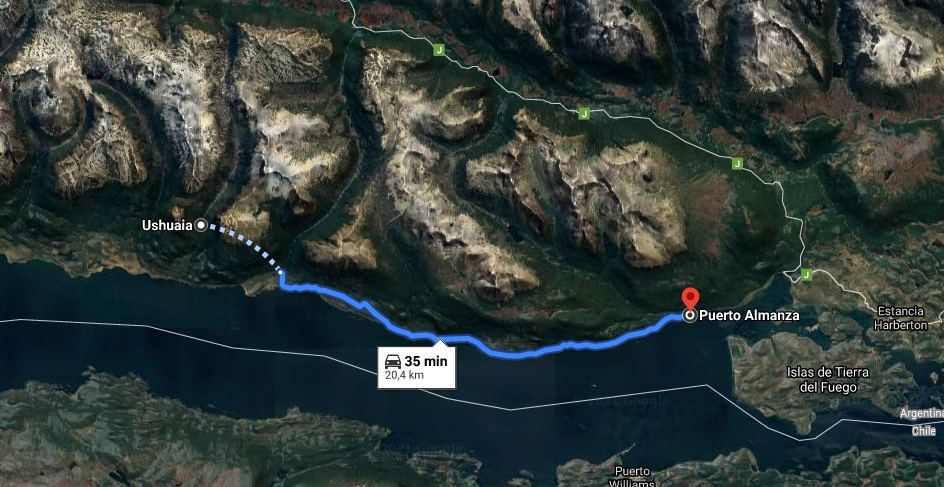
En su estrategia, se rodea de un discurso mesiánico de superficialidad cultural, asegurando poseer una obra de Rembrandt auténtica y planificando la apertura de museos y centros culturales, mientras que en realidad su verdadera intención es consolidar su poder en la región.
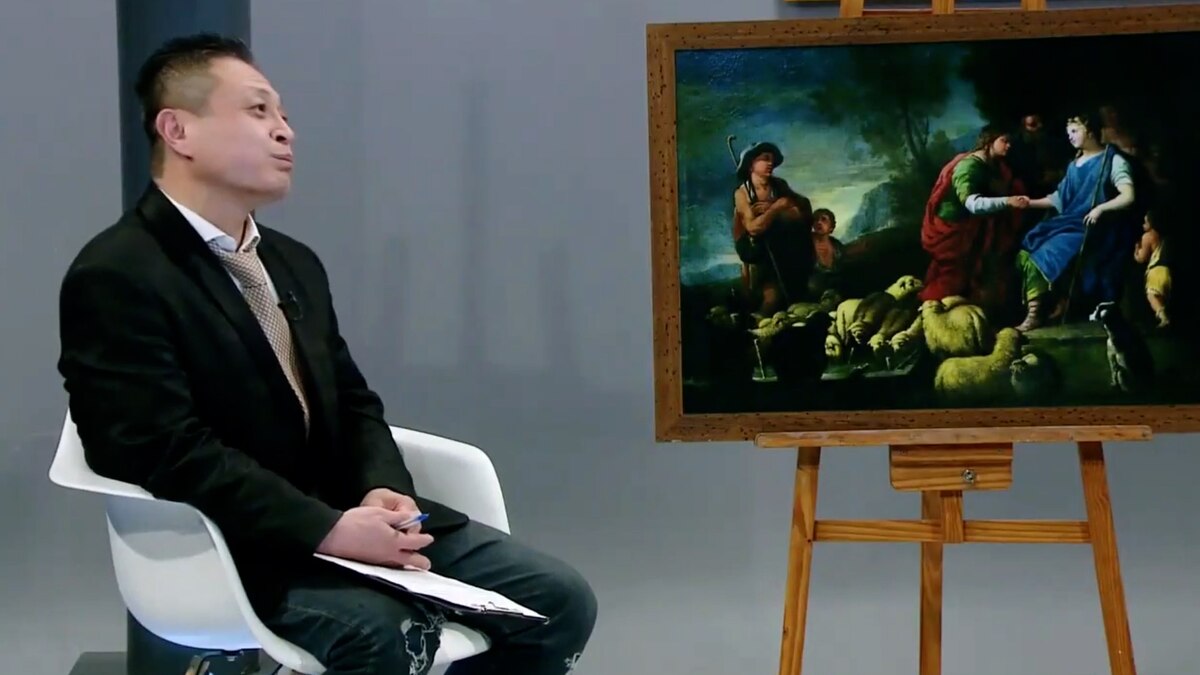
La figura del conocido como “el chino” Liu Zhijiang, dueño de PRODESUR y del barco pesquero Tai An, revela un perfil que combina su origen como empresario cambista, luego inmobiliario y pesquero, fusionado a su faceta como coleccionista de arte barroco europeo.
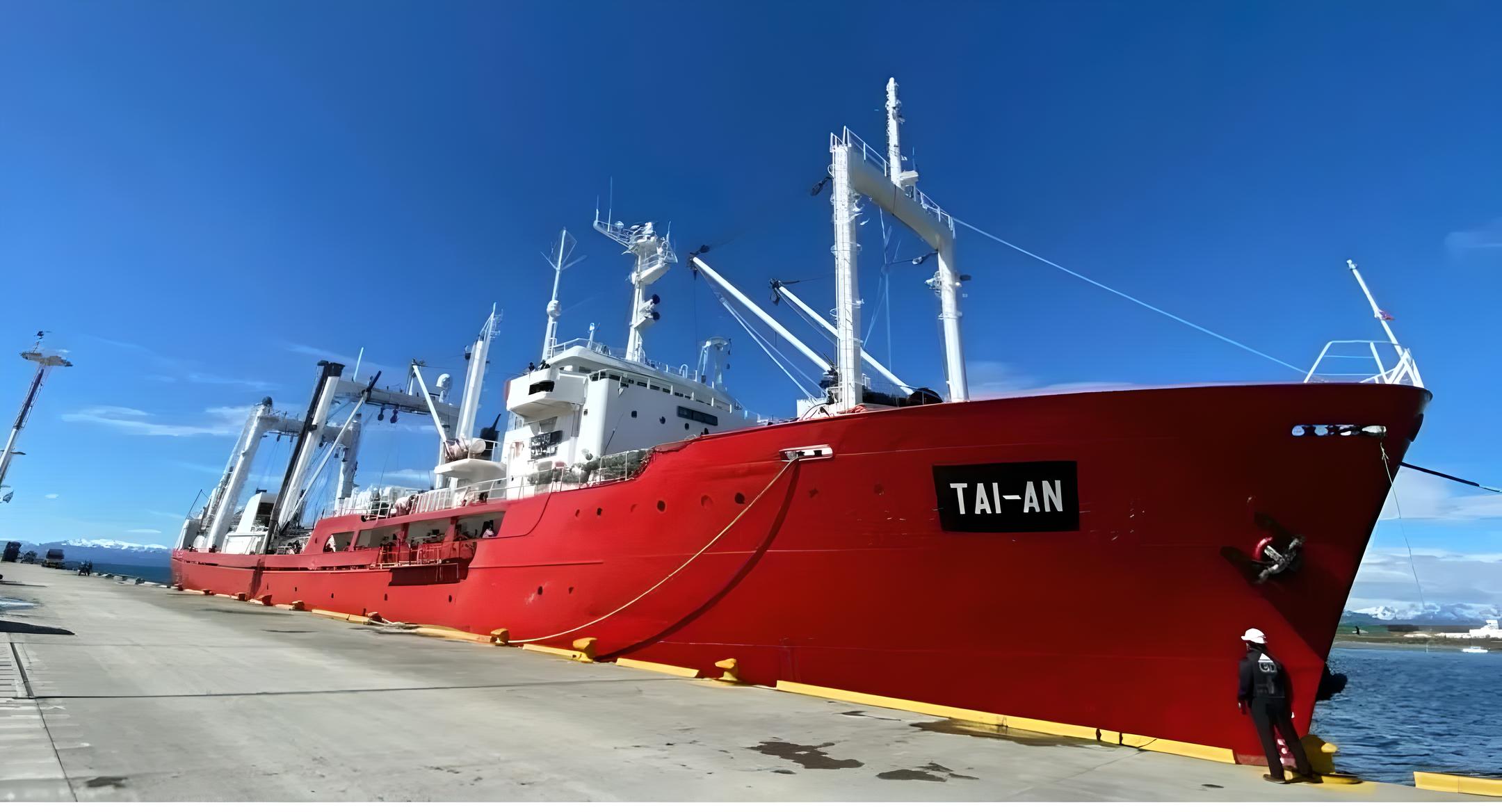
Sin embargo, su historia está marcada inevitablemente por prácticas ilegales, contactos políticos y estrategias de presión que buscan consolidar su influencia en Tierra del Fuego. La captura ilegal de merluza negra varias veces millonarias en dólares, que le costó una multa y sanciones ridículas por lo insifinificantes, fue solo la punta del iceberg de su modus operandi.
Las presiones políticas, generadas después del descubrimiento del delito, derivaron en la renuncia de funcionarios nacionales del sector. Además, vale remarcar la vinculación con las autoridades provinciales que intercedieron solicitando beneficios para el empresario ante el Consejo Federal de Pesca.
El asunto toma un nuevo giro con las denuncias de coimas y presiones que el propio empresario ha presentado contra el CFP. Acciones legales donde “el chino” es patrocinado por el mediático abogado Fernando Burlando, lo cual deja claro que se trata de un intento del estrafalario magnate, que ya no escatima recursos monetarios en la última jugada por la impunidad.
Se trata de una estrategia judicial y mediática para intentar justificar hechos de pesca ilegal mediante denuncias cruzadas, buscando generar confusión y distraer el foco de los delitos comprobados.
A su vez, la relación con la actual gestión de Tierra del Fuego, en particular con el gobernador Gustavo Melella, le permitió presentar un proyecto que diagnostica su visión de poder y de crecimiento económico, a costa del control soberano sobre los recursos marinos y terrestres de la región.
Básicamente, aspira a crear un “mundo aparte” en Tierra del Fuego, una sociedad bajo su control total. Tan descarada resulta la iniciativa, que en la página web de PRODESUR, además de promover sus productos pesqueros, se encuentra una llamativa presentación del ambicioso proyecto para la ciudad futurista.
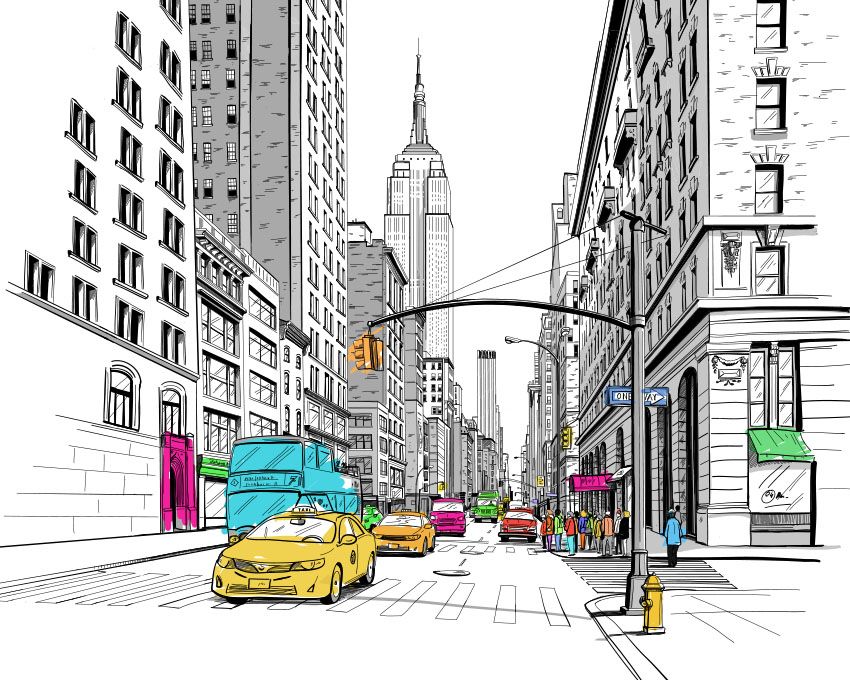
La fotografía destacada en la plataforma virtual es una imagen junto al gobernador Gustavo Melella, mirando planos de una propuesta que parece soñar con un desarrollo paralelo al Estado provincial. Esta imagen, lejos de ser una muestra de cooperación institucional, revela un juego de encuadres y discursos para legitimar una especie de micro colonización moderna desde un sector privado de la economía en territorio argentino.
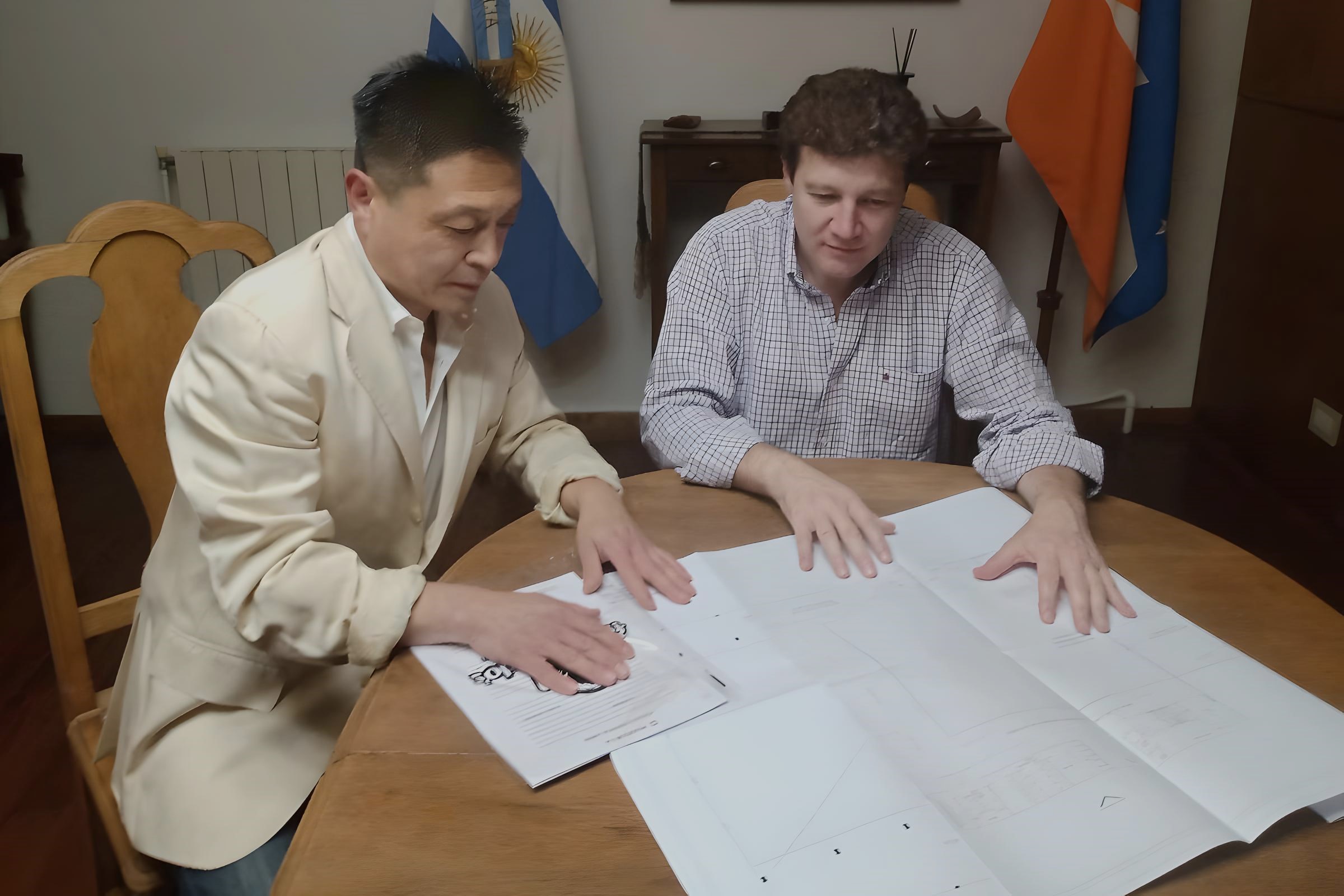
El proyecto del empresario chino nacionalizado argentino se enmarca en un contexto donde el accionar extractivista, la falta de fiscalización estatal y el esquivo cumplimiento de normativas internacionales en la pesca, crean un escenario favorable para estos intereses privados y extranjeros.
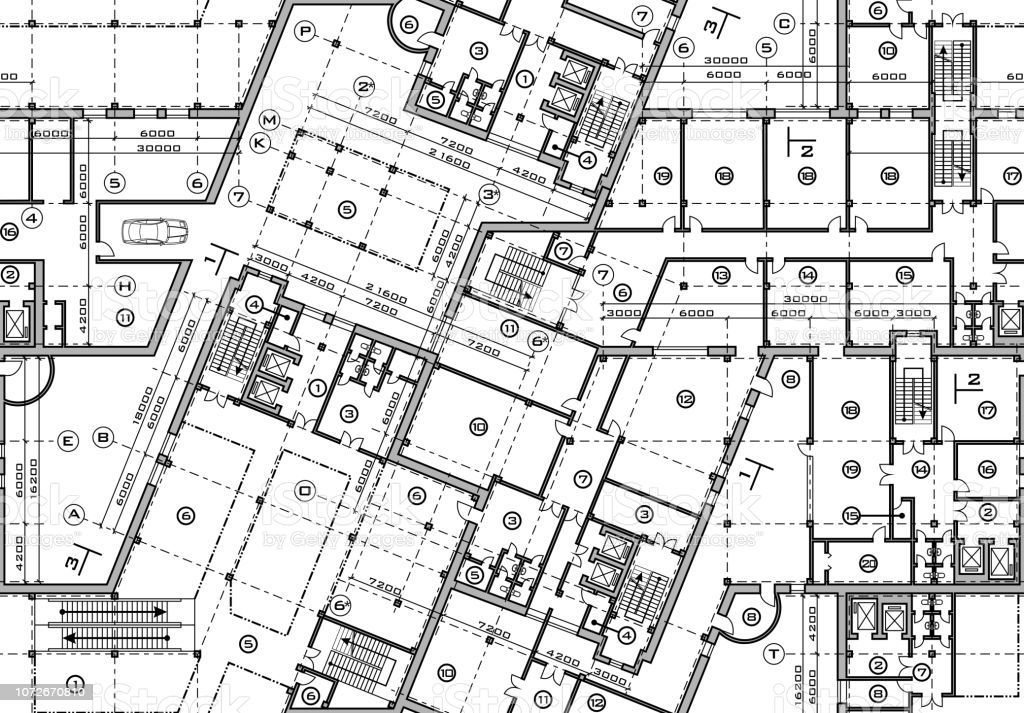
La historia reciente muestra cómo la autonomía en la explotación de recursos en Tierra del Fuego ha sido utilizada para enriquecer a unos pocos, sin mayor control social ni protección del patrimonio natural del territorio. Como sucede desde hace años con la asignación de las cuotas de pesca en manos de un grupo reducido de compañías.
Es evidente que detrás de esa figura de empresario excéntrico y coleccionista de arte, se halla un deseo de poder que, en la práctica, amenaza con imponer un modelo de desarrollo basado en la exclusión, la privatización y la entrega de los recursos nacionales a empresarios que no tienen conciencia ambiental, ni tradición de identidad o cultura nacional.






